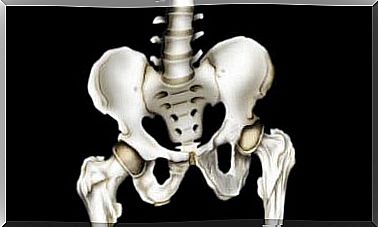10 Characteristics Of Toxic Parents
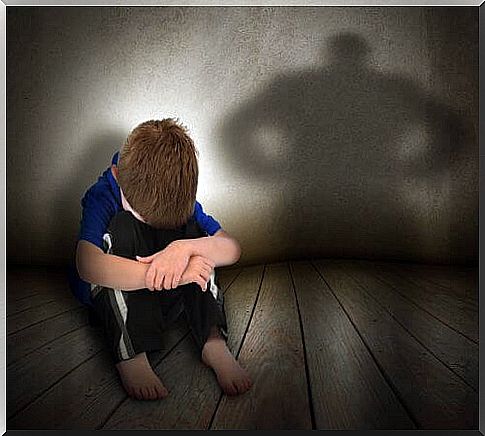
Toxic parents are often not aware that their behavior harms their children rather than benefits them. In their attempt to be good parents, they make serious mistakes.
The positive is knowing how to recognize that we are not perfect and that, sometimes, something that we believe to be good, in practice, is very negative.
So today we’re going to look at 10 characteristics of toxic parents that we have to learn to identify in order to find a solution to the situation.
It’s important to keep an open mind and, if you’re a parent, accept that you may be missing points.
Characteristics of toxic parents
1. I get what I want through manipulation
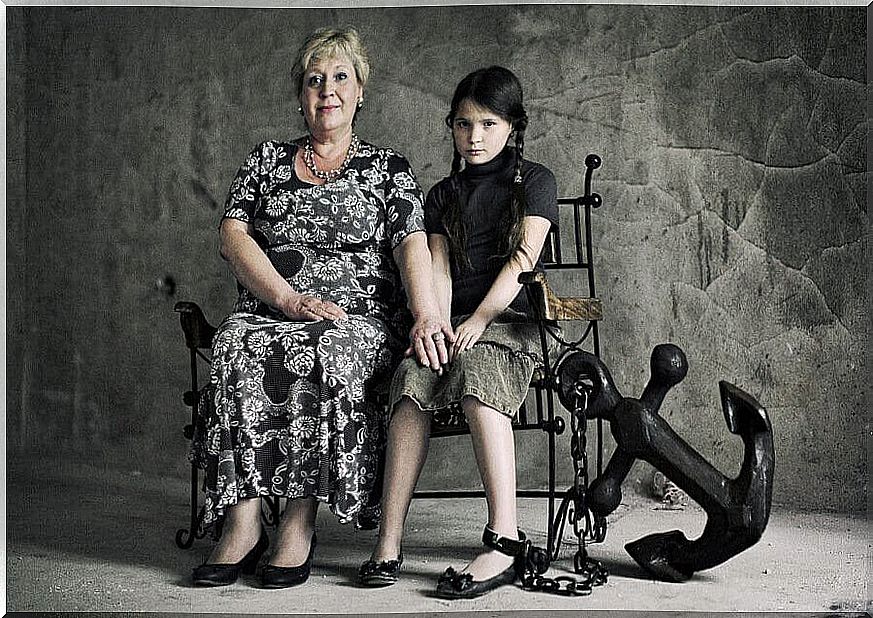
Being a parent and being a manipulator? Even if we don’t believe it, there are parents who use their children to get what they want.
Although you think your child doesn’t realize it, the truth is that this attitude can cause a very deep emotional wound that will reverberate in his future.
The father will make his son feel bad, guilty, and everything to achieve the goal of his submission: to make him feel bad, to have him at his mercy, for the child to do what he wants, to think like him .
2. I sometimes lose my hand
We are not referring only to physical aggression, but also to verbal aggression.
They are those toxic parents who hurl insults and discrediting words that cause a great lack of self-esteem in their children.
Perhaps the tiredness, the responsibilities, the occupations, make the parents not have the adequate patience to face the problems that may arise.
“ You’re dumb ”, “ You’re an idiot ”, “ You don’t know how to behave properly ,” “ You don’t know how to speak correctly ”… All of this will wreak havoc on the youngest.
3. You already know that I love you, why show it?
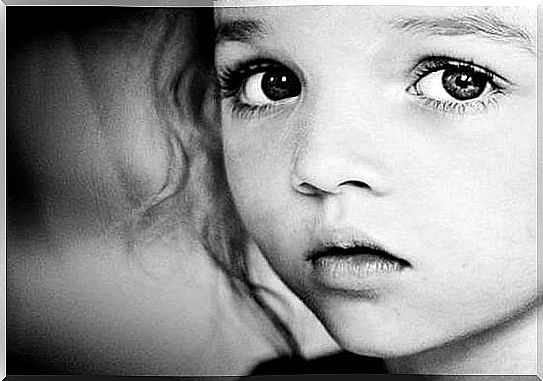
Lack of affection is one of the main problems that in the future can give rise to affective needs that lead us to suffer from emotional dependence.
In addition, it can generate mistrust and serious imbalances in interpersonal relationships that they maintain in the future.
Affection, affection, all of this is important. We must not assume that our child already knows that we love him; we have to show our love. Only then will we be able to make it grow in a healthy and happy way.
4. Your concerns do not interest me
Do you remember when your parents didn’t listen to you? Have you ever trusted them with your secrets? Lack of communication breeds distrust and makes it impossible for us to express ourselves freely with our parents.
Poorly communicative parents make the child hide their feelings and emotions, which leads to a lack of management of them and a terrible blockage for not being able to externalize them.
Also, listening to children will make them feel cared for and cared for. Active listening is very important.
5. I don’t like these friendships for you

You can’t control who your child hangs with, the groups he or she is comfortable with. Not accepting his friendships will make him rebel.
Your children are not like you. Maybe the child or teenager is in a band, has friends you don’t like, or friends who smoke, etc. However, there are things we can’t control.
As long as your child respects, is himself and is happy, we should let him be with whoever he wants.
6. You need to study, you need to be…
Sometimes we have certain expectations of our children: we want him to be a teacher, a doctor, a musician, but have you ever asked him what he wants?
Often it’s not just wanting, but power. If your child doesn’t do well with math or science, how can he be a doctor?
This will only cause you frustration, a lot of agony and the disapproval of your own family. Allow him to be what he wants.
7. You can’t do this, I can

One of the main problems for toxic parents is trying to teach their children good behaviors when they don’t.
Let’s think, for example, of saying bad words or having an aggressive attitude towards others. We tell our child not to do it, but if you do, how can he understand that he shouldn’t do it again?
Incoherence will never be a good basis for correct education.
8. You should have gotten a 10
There are toxic parents who are very demanding of their children. Do you remember that classmate who cried because he couldn’t get the maximum grade? And you were super happy with the 5 that passed by…
Parents must control their level of demand. It’s better to get a 10, of course it does, but forcing your child to get the highest score at all costs is not a good idea.
There are many factors that influence this: he doesn’t like the story, he had a bad day. If he gets a low score, it’s not the end of the world.
It’s an apprenticeship, not a competition.
9. Don’t worry, I will protect you
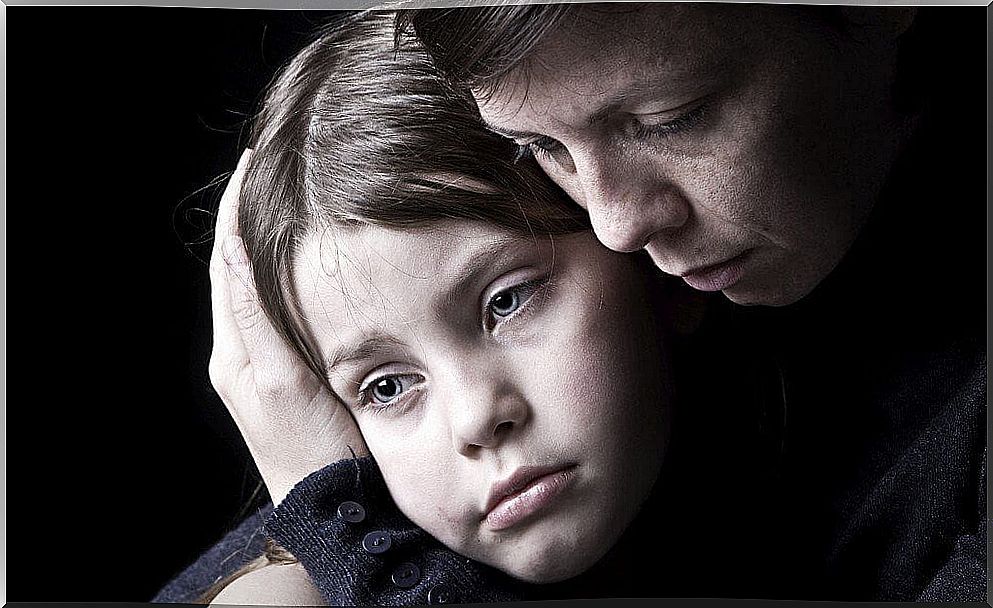
Overprotection is one of the worst behaviors a parent can have. Due to it, the children will not know how to make decisions and face their problems.
The big difficulty comes when, suddenly, they are no longer dependent on their parents. That’s when they feel lost and can’t cope with the circumstances.
It’s not good to protect your child inside a bubble where no one can hurt him. For life, in the end, teaches us on the basis of falling and making mistakes.
10. Eat and drink what you want
Teaching your child unhealthy habits will not be a good thing. Letting him drink alcohol from an early age, smoke or do other harmful practices will not be beneficial.
This will give you a worldview with no rules and no restrictions. In fact, they can have health problems from a very young age, with being overweight.
Toxic parents are very negative for their children, but especially for themselves. Therefore, they must learn to open their eyes and not reject the possibility that they are making big mistakes.
Children are not to blame for suffering the consequences for their wrongdoing.
